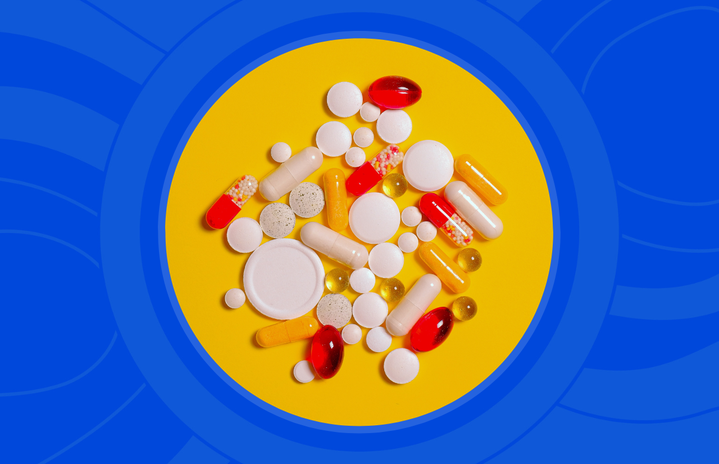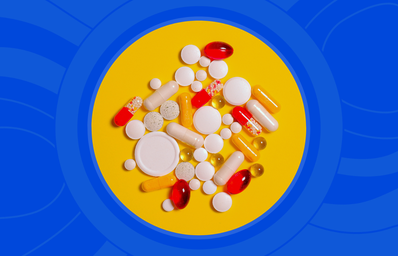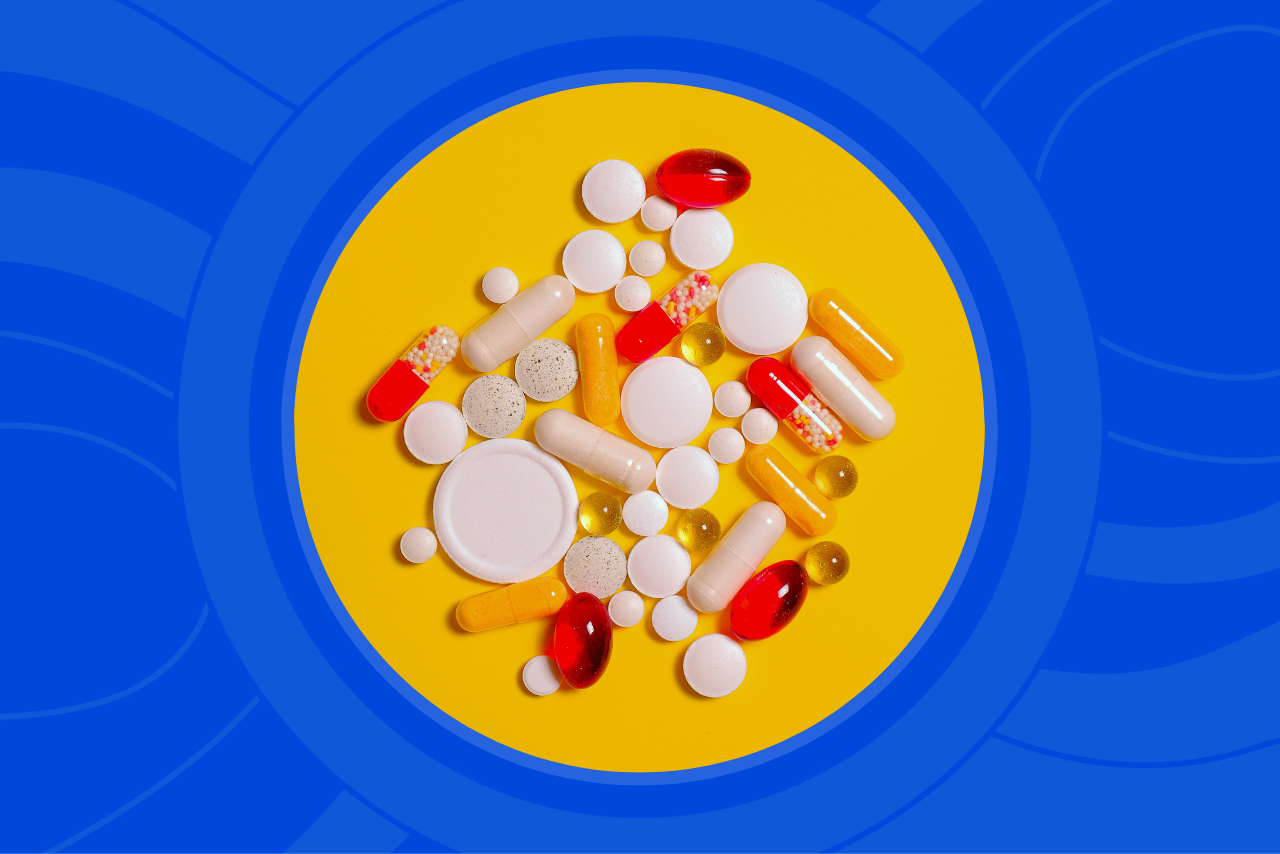Two years ago I received the best news I could ever receive, an approval letter for the PhD program I’ve always dreamt of (terrible timing, but great news). It was the beginning of 2020, the world still knew nothing about COVID-19. Despite what happened, I was happy and excited. I prepared everything to move to NYC not knowing we would face two semesters of remote learning.
I followed through with my plans, and I was truly happy. My professors were great, my classmates had amazing ideas, the readings were exciting–the whole structure of the university was more better than I expected. However, my body and my mind had different plans.
The symptoms were not new, I’ve been seeing pain management doctors, psychiatrists, neurologists for barely two thirds of my life, receiving multiple diagnoses and never getting better. Life goes on. It always does. For more than 20 years I managed living in constant pain, not the greatest mood ever, some weird behaviors and the lack of social skills, I could get everything done. Until I couldn’t.
I started missing classes, logging off early, or being a little bit late. I was used to the whole script. Monthly migraines, poor sleep, nausea, chronic pain, fatigue, anxiety crisis, side effects of medications, including getting a little bit high once in a while, even without the intention of doing so.
It is a complicated journey because of the symptoms themselves, but also the dismissal of the experience. For so many years my invisible disabilities were dismissed by medical providers as being something from my head. COVID became an even better excuse to have my complaints dismissed. It could be “just” depression, or anxiety, or something “from my head”.
I literally collapsed. There was no clear trigger. I saw my mental and physical health spiraling down, but I was tired of giving excuses. I couldn’t believe myself when everyday I had something new preventing me from being fully productive, whatever this means. My life was complicated yet still full of love and joy.
During the Summer of 2021, I simply couldn’t get out of bed let alone spend a few hours without having any pain. I was trapped inside my mind; questioning myself is if I was just being lazy or making all of this up. It is easy to self gaslight when nobody provides you an explanation about why you are suffering through so much. I no longer could attend classes, I made some poor decisions on how to handle important aspects of my life as well as my education. Even the way I desperately asked for help was messy and inappropriate.
I still feel embarrassed, shy, and anxious interacting with people. I still overthink everything I do trying to protect my reputation and the opportunity I had to be in grad school. However, this clumsy cry for help was a liberation path. Grad school somewhat saved my life.
I had to protect my PhD no matter what, I had to do better than the mess I left behind. So I decided to self-advocate for my health. I did lots of research, and I went from one doctor to another. I kept telling health providers everything, from difficult to breathing when climbing stairs, the constant bruising, migraines, unbearable pain, among lots of other issues. I kept saying until my complaints were taken serious.
It has been an exhausting and long journey. Few people even know what my diagnosis means. I doubt myself. There is no cure. It is progressive. Treatments are complicated. However, I know now I am walking on a road that has a path of hope, belonging, and validation–a community.
I am still struggling getting back on track. I am reluctant to ask for help. I wish some days I was not completely fatigued or in so much pain that the weight of my phone is way too heavy to pick it up and call or text someone. But I have my PhD to remind me why I wanna keep going. I know why I chose to study in the program. I am studying my values and the changes I want to see in the world are still here. Not only that, but nowI have a name for what I feel. The name gave me the chance to advocate, to research, to ask the right questions.
I am not the type of person who gives advice, but I will this time. You know your body and your mind 24/7, you need to validate what you are feeling and you deserve to be seen, heard and treated.
Most importantly, don’t suffer in silence. You are not your diagnosis. You still can finish grad school, you can still do the research you wanted to, or pursue your dream job. There are people out there, especially in educational spaces, who care about inclusion and diversity and they will help you remove some obstacles. Look out for the resources you can access, take your time if you need to. There is always hope.


